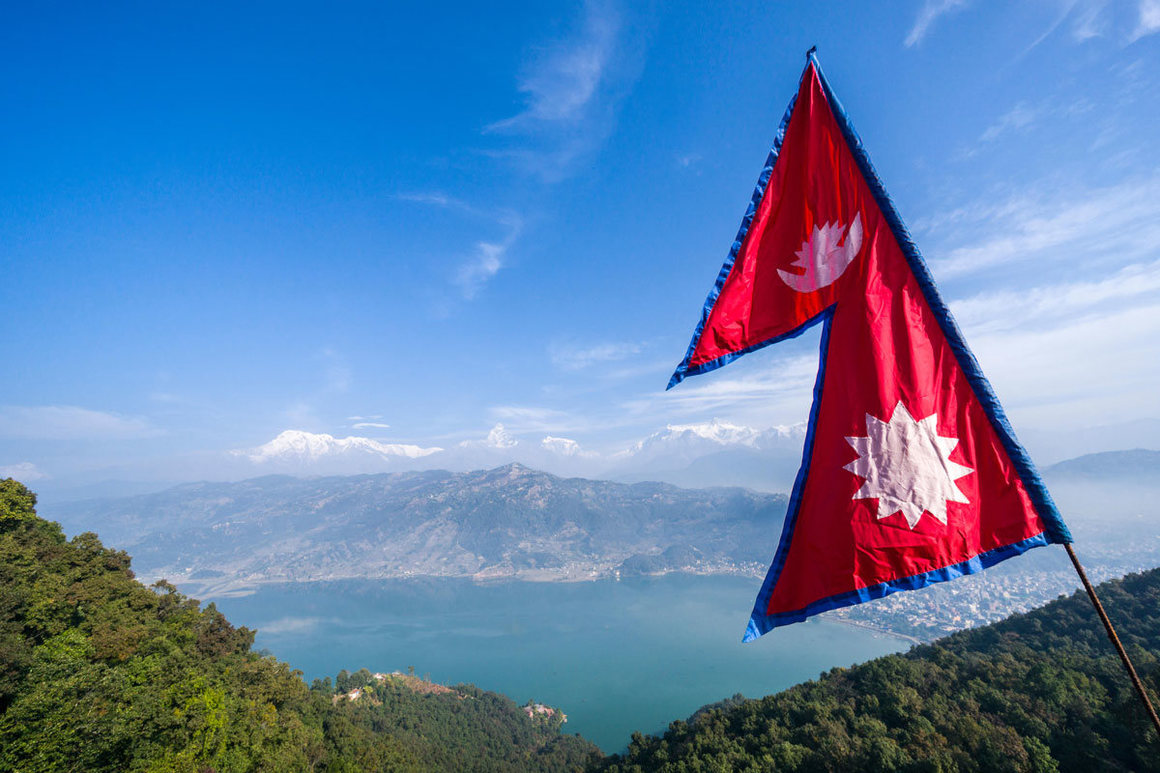New Delhi: The recent increase in cases of human trafficking and fake currency rackets run by Nepalese citizens through the Indo-Nepal border having ties with foreign agencies led the Indian security establishment to closely monitor the border crossing areas of Uttarakhand, Uttar Pradesh and Bihar, as these activities adversely impact India’s national security. Sources in Indian intelligence agencies confirmed that since the last few months, many couriers involved in these illegal anti-India activities have been arrested at the border. The names of a few prominent political figures of Nepal have also come up during interrogation of these arrested persons and it is believed that they provide some kind of help to these syndicates.
According to various estimates, yearly, Rs 800 crore-Rs1,000 crore of fake currency comes to the Indian market through Nepal and daily over 50 Nepalese citizens are brought to India illegally for human trafficking. An official privy to the situation told The Sunday Guardian: “In the last five years, we have arrested more than 500 Nepalese citizens who were operating as couriers and involved in fake currency rackets, human trafficking networks and other illegal acts. These networks are indirectly operated by our enemy groups who are dangerous for India’s national security.”
Nepal is the world’s most lucrative market for human trafficking, fake currency rackets and money laundering networks and for India, the major part of fake currency rackets and money laundering gangs operate through the Himalayan Kingdom.
The activities of human trafficking and fake currency rackets are more in Province No. 1 and Province No. 2 of Nepal, bordering India. Both these provinces are crucial as most of Nepal’s minority population lives in these provinces. The minority community constitutes roughly 8% of the Himalayan Kingdom’s total population, of which around 95% live in these two provinces. In the last 20 years, many mosques, Islamic centres and madrasas have come up in places such as Rauharat, Mahottari, Parsa and Bara which are located near the Indian border, with security agencies saying that money from foreign agencies was involved in these activities.
Since the signing of the 1950 Indo-Nepal Treaty of Peace and Friendship, the nearly 1,800-km border between Nepal and India has served as an open passage for citizens to migrate freely between countries, start a business and earn a living. There are no barbed-wire fences, thick walls, or heavy military presence; people move freely and unhindered on foot or by road. But since the 1980s, the free border has been used for anti-India activities. Azizuddin Sheikh, an ISI operative belonging to the D-company who was arrested in 1997, revealed to Indian intelligence agencies that on the directions of the ISI, the Siraj-ul-Uloom madrasa in Kapilvastu district was being used by the D-company for illegal activities. WikiLeaks cables which came in the public domain in 2011 had covered in detail the use of Nepal’s soil to disturb India and how the ISI in the past had carried out terrorist acts by using Nepal as a base.

